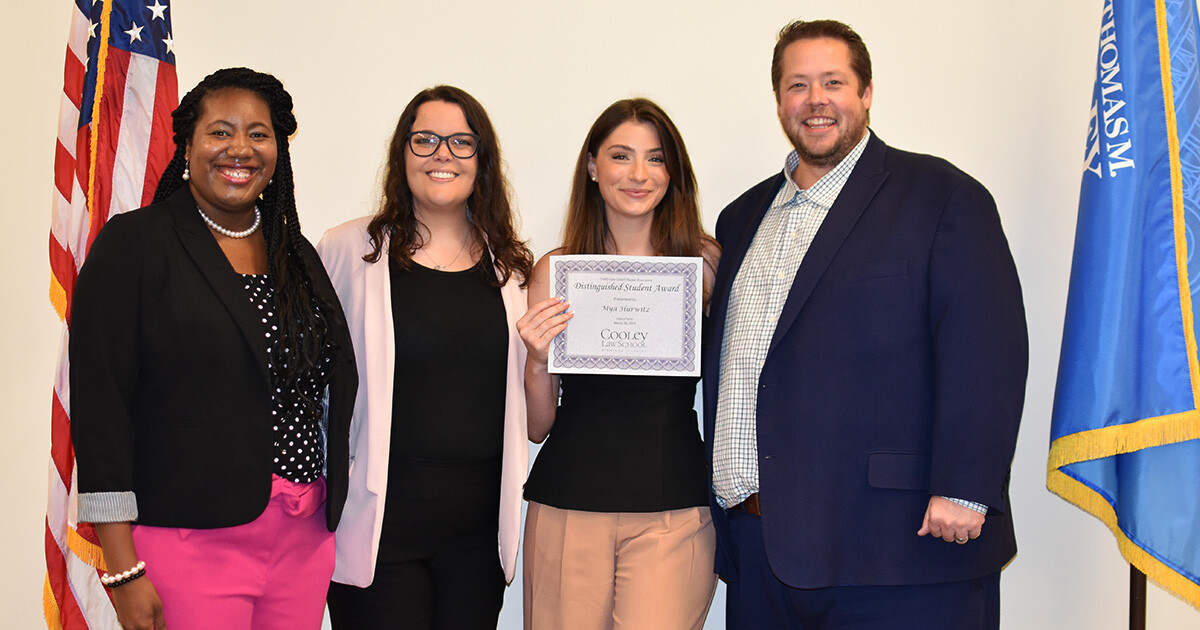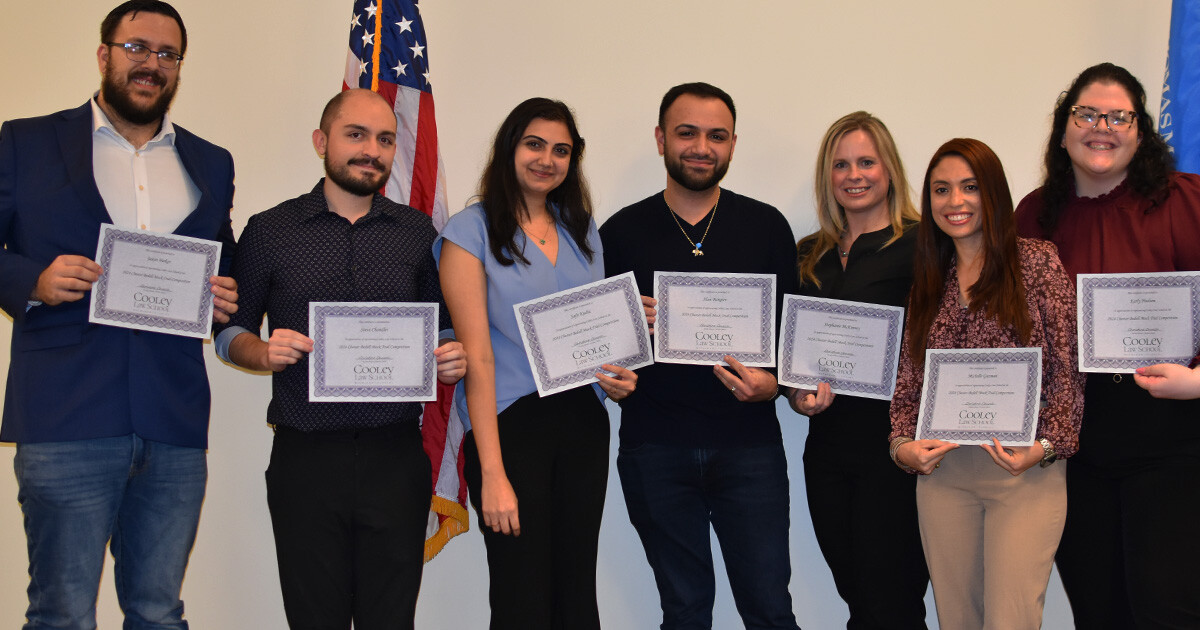WMU-Cooley Hosts Presentation by Civil Rights Activist
WMU-Cooley Law School hosted civil rights activist Dr. Jerome Reide for the law school’s Social Justice Lunch Hour on June 30. Reide, who serves as the legislative liaison for the Michigan Department of Civil Rights, spoke about a variety of topics, including the need for students to become involved in their community and make society a better place.
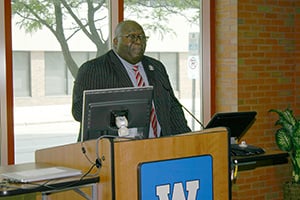
“We need to continue to make our society more inclusive, more diverse,” said Reide.
He also stressed the importance of women’s rights and the need for lawyers to be part of the legislature to help shape policy.
“Policy is a pendulum that swings right or left depending upon who's in the White House, Congress, and on the Supreme Court,” he said.
A long-time civil rights activist, Reide served as the regional field director for the NAACP from 2009-2020, and was primarily responsible for advocacy management of its Midwestern units. He also served as NAACP’s National Field Operations deputy director, Midwest Region III director, and Special Contribution Fund regional development director. Additionally, Reide served as co-chair, committee member of Individual Rights and Responsibilities within the American Bar Association, and director of the Justice Initiatives Division at the State Bar of Michigan. He also served on the board of directors for the Sugar Law Center and the Beckwith Civil Liberties Fund.
As the coordinator of ACLU’s Access to Justice Project, Reide coordinated a national study of landlord tenant courts and published the findings in a public policy report, “Justice: Evicted.” During his time as a consultant with Wayne County Commission’s Ways and Means Committee, he helped convene four annual conferences of governmental, community, corporate and academic policy makers to discuss economic development policy in Greater Detroit-Windsor, and Ontario, Canada. Additionally, Reide coordinated an international trade mission to South Africa to link the jobs, housing, education, arts, and cultural policy initiatives of the Mandela Administration with Detroit's leadership.
Reide is a member of the State Bar of Michigan, the U.S. District Court for the Eastern District of Michigan, the U.S. Court of Appeals for the Sixth Circuit, the American Bar Association, and the National Bar Association. He has taught at Bowie State University, Eastern Michigan University, and the State University of New York's Center for Labor Studies.
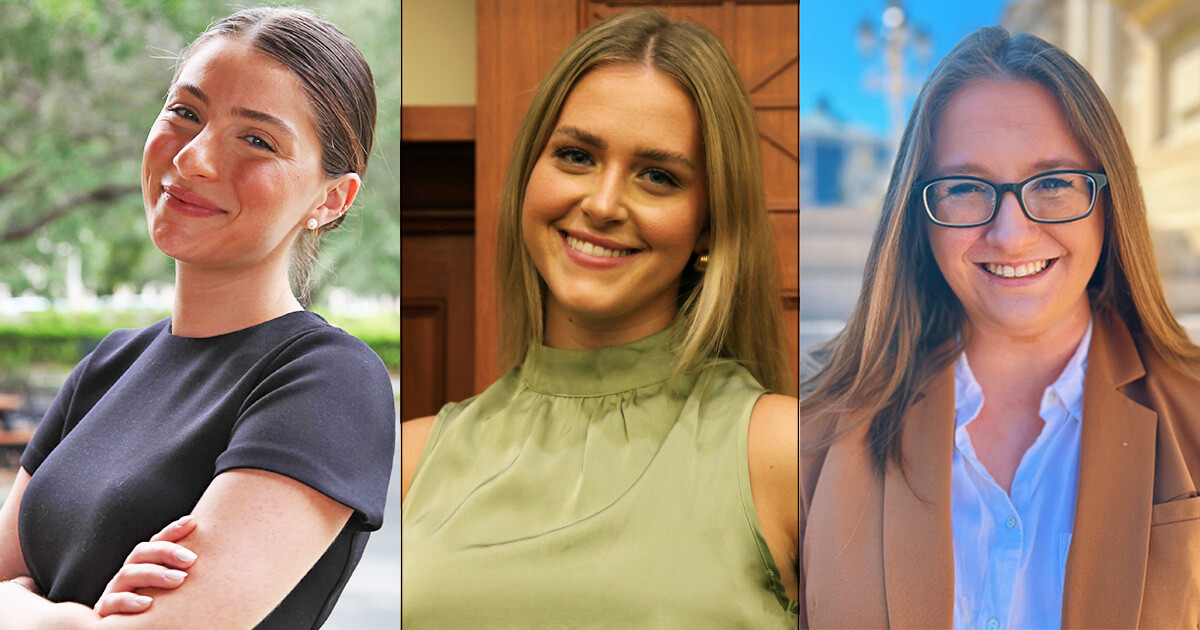
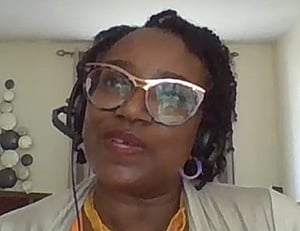



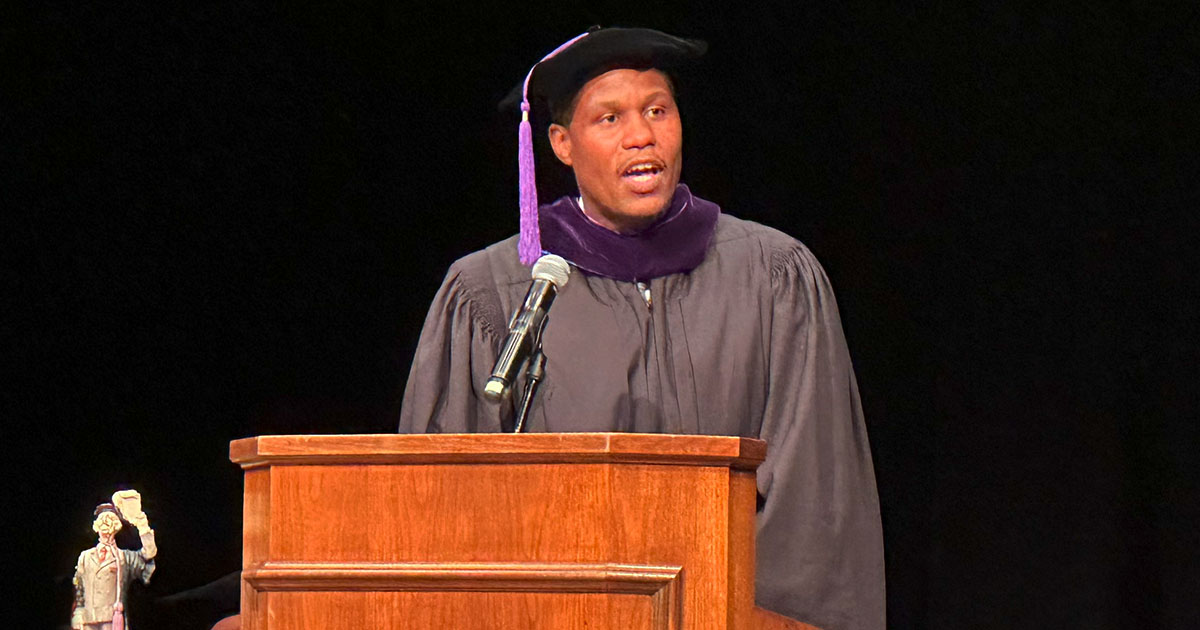
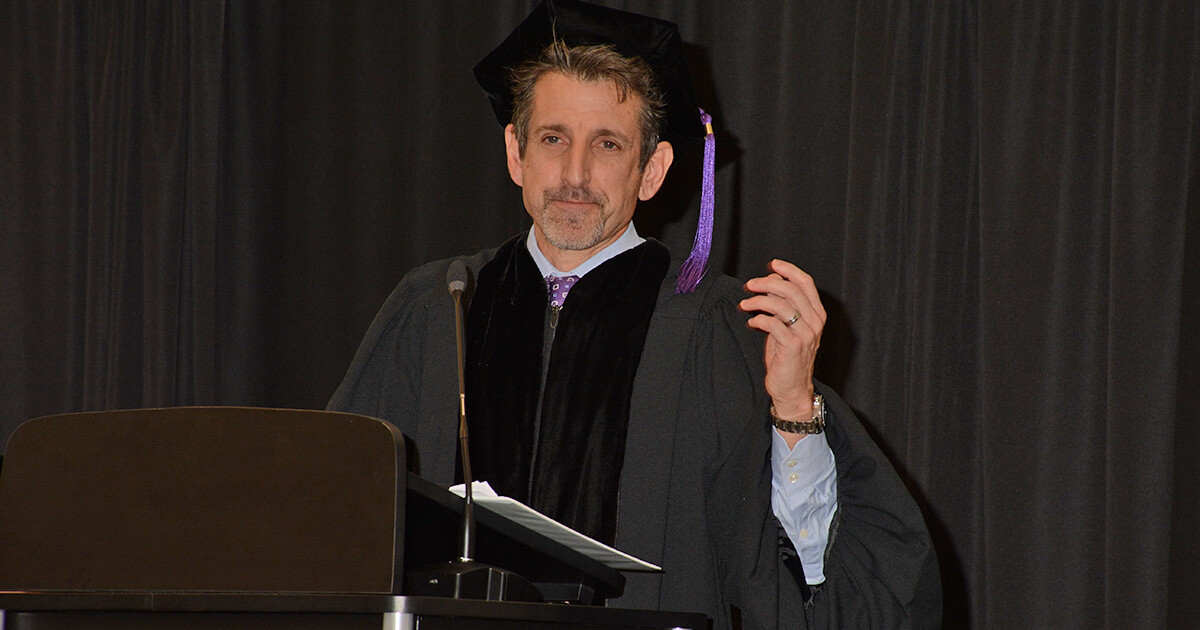
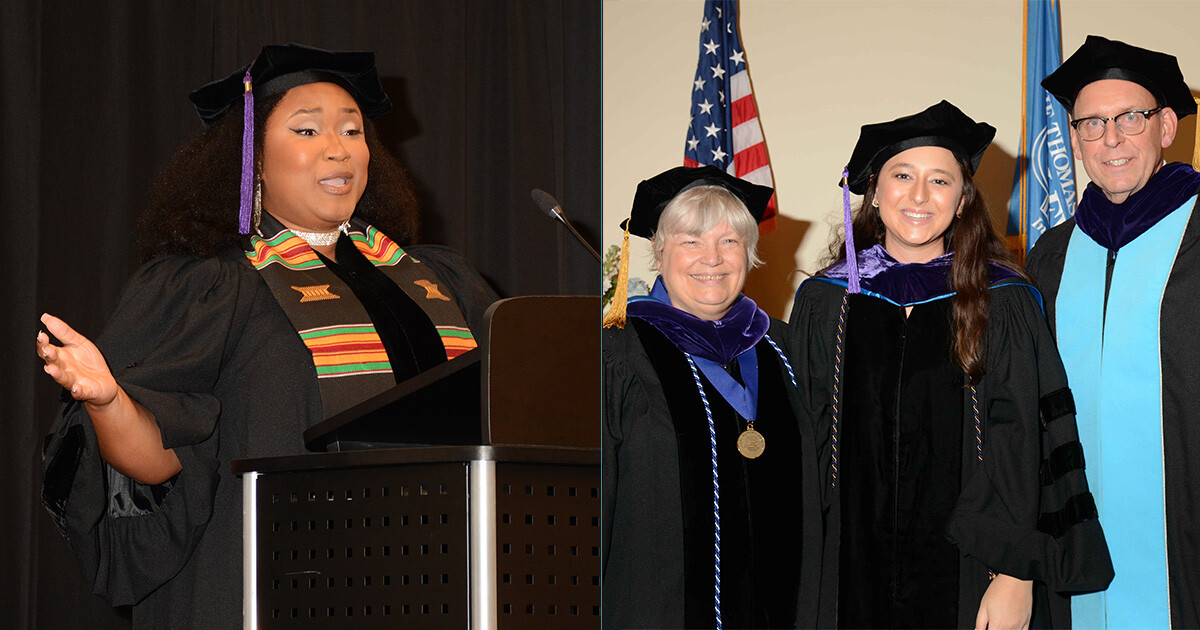

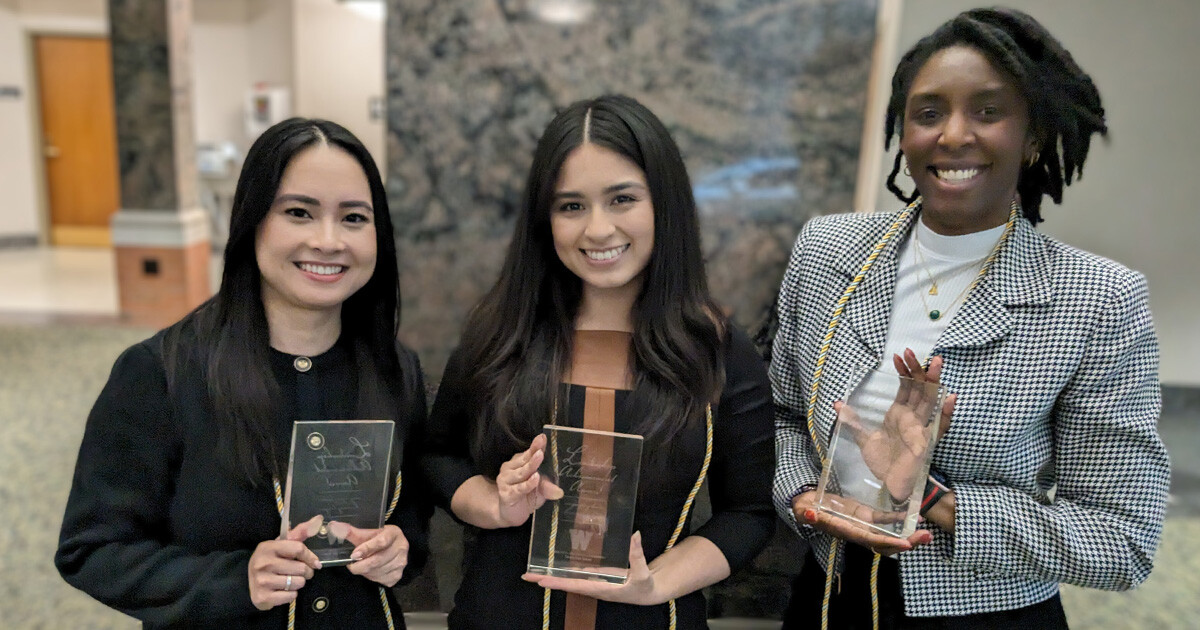

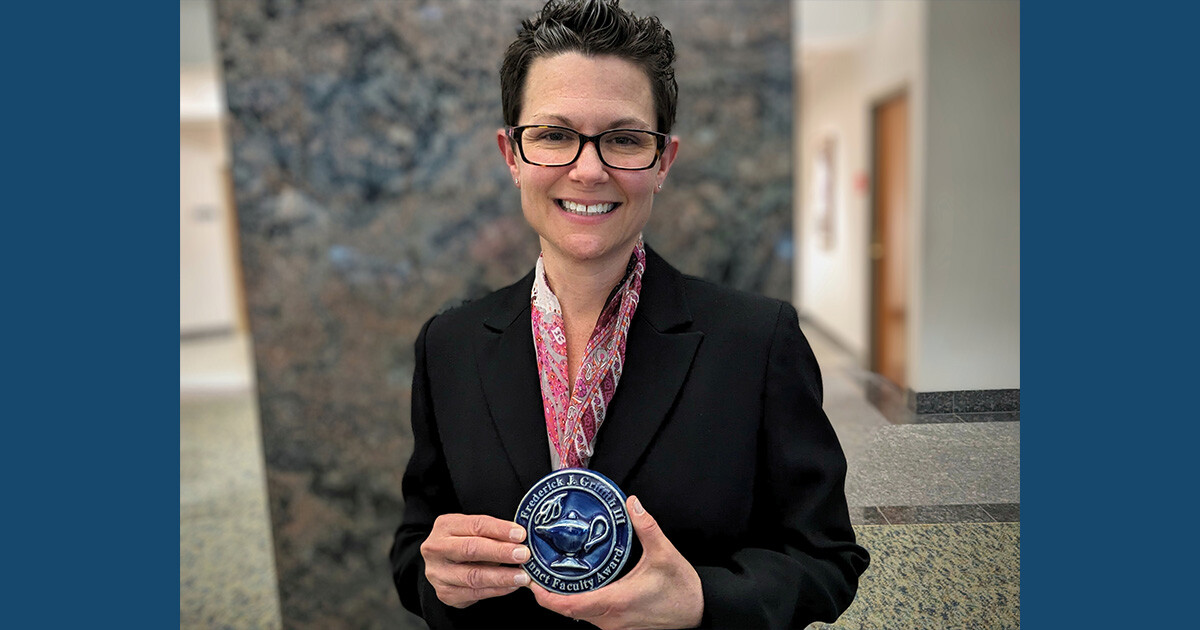
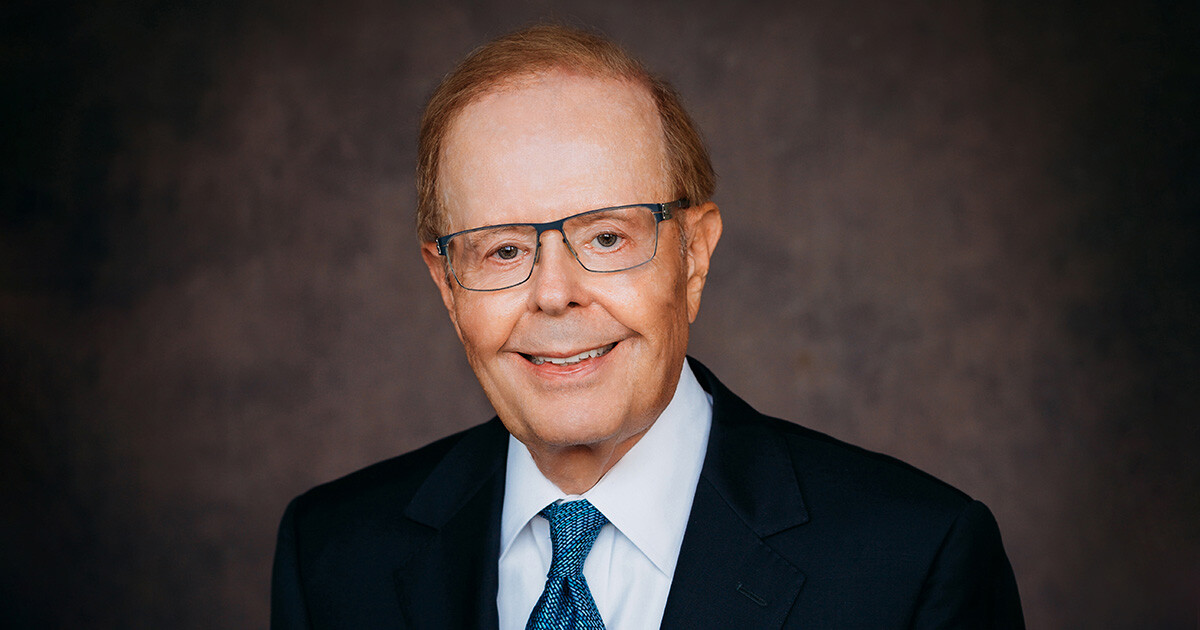
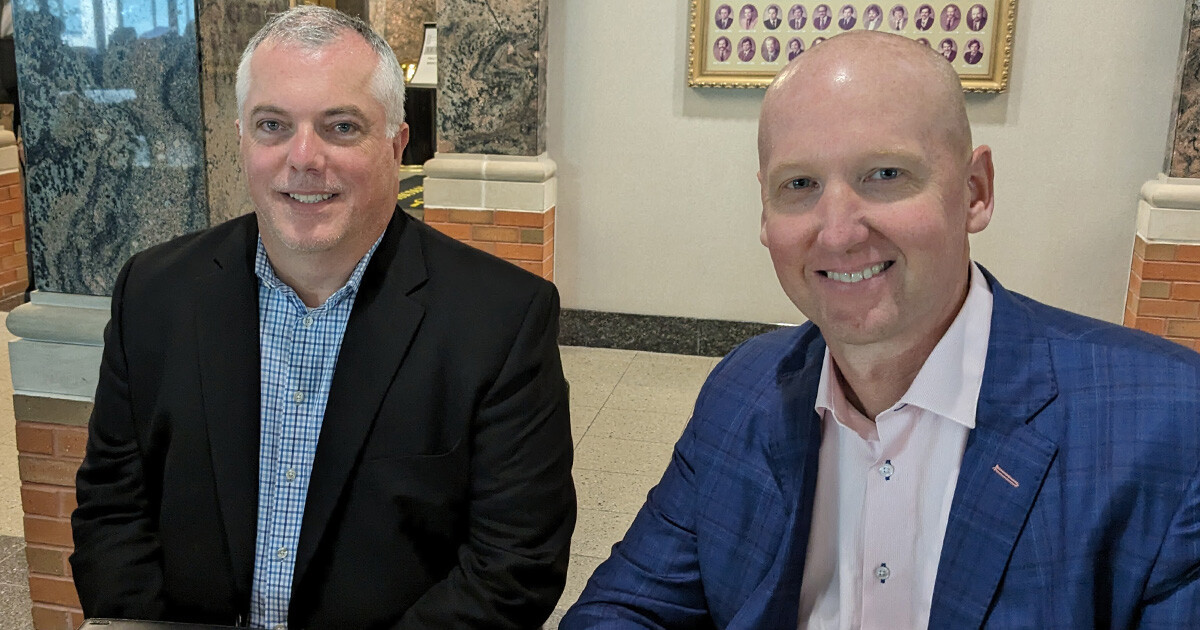
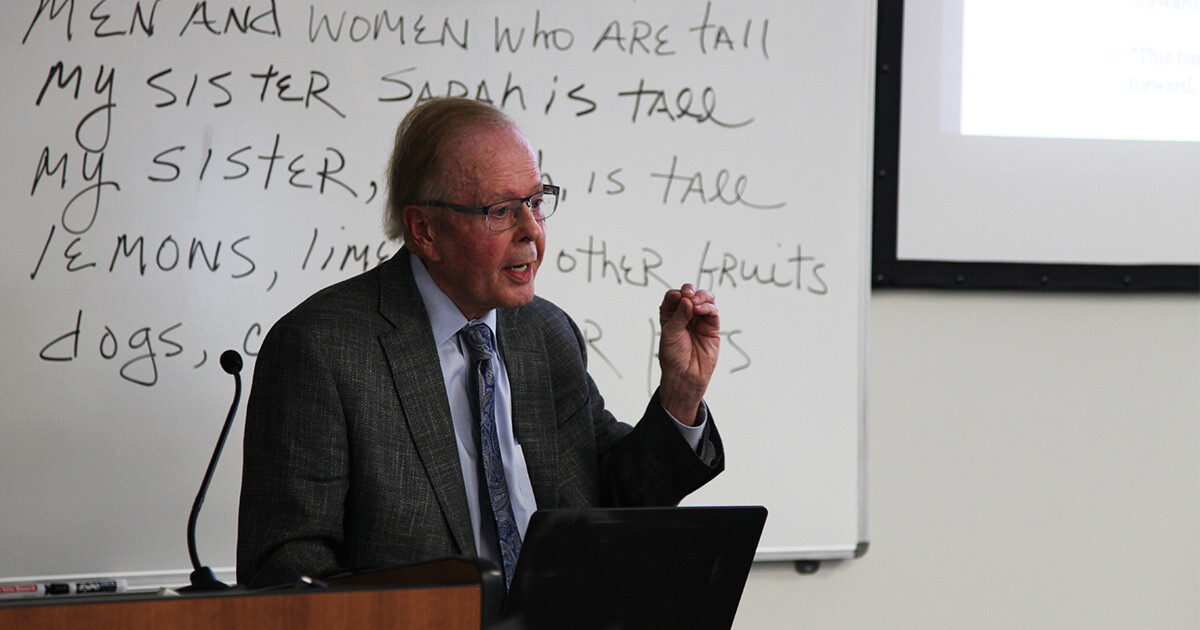

distinguish_student_award.jpg?width=1200&height=630&name=mya_hurwitz)distinguish_student_award.jpg)

